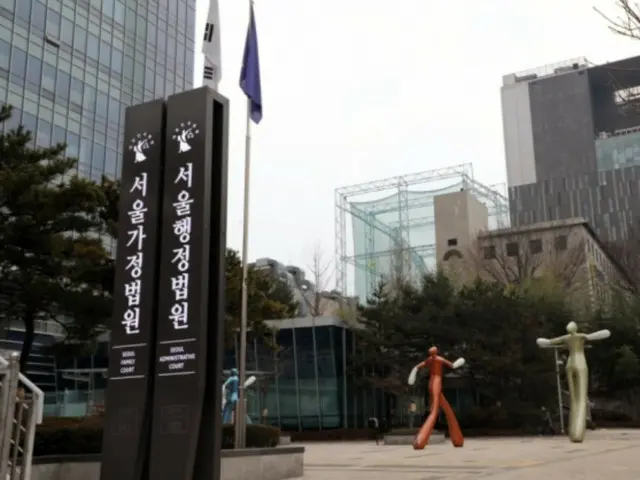According to the Korean legal community on the 7th, the Seoul Administrative Court's 3rd Administrative Division ruled against the plaintiff in the first instance of a lawsuit brought by the family of the deceased Mr. A against the Korea Labor Welfare and Welfare Corporation for the payment of bereaved family benefits and funeral expenses.
The program, run by the Ministry of Health and Human Services, is divided into public, social service and market-based categories to support employment and social activities for older adults.
The public program is open to basic pension recipients aged 65 or older, who are primarily involved in volunteer activities that are of public benefit and receive financial support in return.
Mr. A applied for the program and was selected as a participant in the public sector. However, in 2022, a road near an apartment building in Yangpyeong County, Gyeonggi Province,
While picking up trash at a nearby work site, he was hit by a car and died unexpectedly. The family of the deceased claimed that the accident was a work-related accident and filed a lawsuit against the corporation in March last year, seeking survivor benefits and funeral expenses.
The court did not grant the request. The court determined that Mr. A was not eligible to receive benefits under the Industrial Accident Compensation Insurance Act because he was not a worker under the Labor Standards Act.
The court explained the reason for the ruling, saying, "The deceased was participating in volunteer activities and was merely receiving subsidies provided for public interest purposes, and it cannot be said that he was in a subordinate employment relationship."
Mr. A received 27,000 won (approximately 3,028 yen) for picking up trash for three hours a day. This was paid for transportation expenses and other expenses, and was not considered a wage.
The fact that the welfare center to which he belonged did not provide any specific instructions or supervision was the basis for the ruling.
2024/04/08 05:32 KST
Copyrights(C) Herald wowkorea.jp 104

